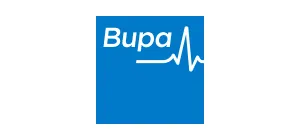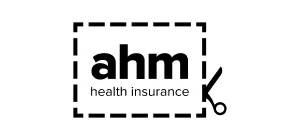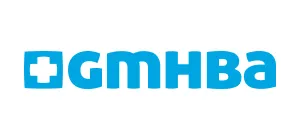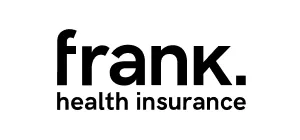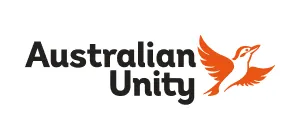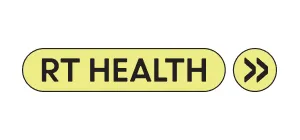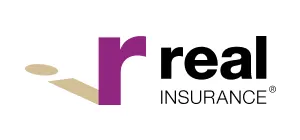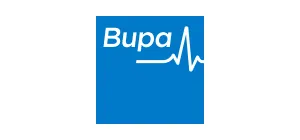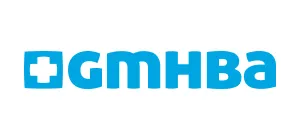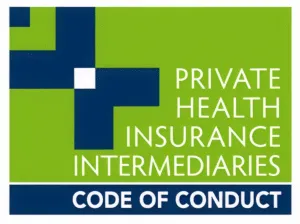What are the different types of family health insurance policies?
Family health insurance policies are designed to provide financial cover for you, your partner, and your dependant children, for medical treatments and services that aren't covered by the public Medicare system. These policies generally fall under one of the following three types of cover:
Family hospital cover
Family hospital policies can cover treatment as a private patient in either a public or private hospital. They can include:
- in-hospital treatment by a doctor of your choice;
- accommodation to stay in a ward (e.g. a private room if one is available), and;
- theatre fees for surgery.
Health insurance policies that include hospital cover are sorted into four standardised tiers:
- Gold: Covers all categories of treatment outlined by the Federal Government
- Silver: Covers 29 categories of treatment, such as back, neck and spine, dental surgery and heart and vascular system
- Bronze: Covers 21 categories of treatment, such as joint reconstructions, Tonsils, adenoids and grommets and chemotherapy
- Basic: Covers rehabilitation, psychiatric services and palliative care on a restricted basis, meaning you'll only be partially covered as a private patient in a public hospital
There may also be ‘plus’ versions of some of these tiers that cover additional treatments not covered as standard. The tier of cover you choose for your family will partially determine how much you pay in premiums, and which hospital treatments and procedures you will be covered for.
Family extras cover
Extras cover (also known as ancillary or general treatment cover) can cover some or all of the costs of non-hospital health services, such as dental and optical. Exactly what’s covered will vary between different insurers, but comprehensive extras policies typically offer a more extensive range of services and higher benefits than medium or basic policies.
Depending on your circumstances, extras benefits that may be worth considering for your family could include:
- Dental and orthodontic treatment
- Optical services
- Physiotherapy
- Non-Pharmaceutical Benefits Scheme (PBS) pharmaceuticals
- Podiatry
- Speech therapy
- Chiropractic treatment
- Professional diet and nutrition advice
Not all treatments will be available under every extras policy. This makes it worth checking with your insurer or reading the policy documents, such as the Private Health Information Statement, to check if a policy will meet your family’s needs.
Combined family hospital and extras cover
If you want to take out both hospital and extras cover for your family, you can do so through a combined policy. Some insurers may allow you to mix and match different hospital and extras policies to help meet your family’s unique needs.
What are the potential benefits of family health insurance?
1. Claiming money back on health services not covered by Medicare
Having private health insurance means you're often able to claim money back on certain health services not covered or only partially covered by Medicare. Without private health insurance, accessing health services such as dental, optical, and physiotherapy can be more expensive, potentially putting these treatments out of reach for some families.
Consider comparing the costs of health insurance premiums to the potential benefits your family may receive to get a better idea of a policy’s value to you.
2. Not having to pay the Medicare Levy Surcharge
According to the ATO, Australian families who earn more than $202,000 a year and don’t have private hospital cover may have to pay the Medicare Levy Surcharge (MLS).
The MLS ranges from 1% to 1.5% of your family’s taxable income (increased by $1,500 for each dependant child after the first). The MLS is charged on top of the 2% Medicare Levy, but it doesn’t entitle you to any additional services.
3. Skipping public waiting lists
Private health insurance may reduce the time you and your family spend waiting for elective surgeries.
4. Choice of doctor or surgeon
Depending on your choice of cover, private hospital insurance may allow you to select your preferred doctor or surgeon to perform surgery or provide treatment when needed, even in a public hospital.
5. Private hospital rooms
Depending on your policy, you and your family members may be able to request a private room when admitted to hospital, subject to availability.
What are some of the potential downsides of taking out health insurance?
1. The cost
Private health insurance can be expensive, especially if it’s for a family rather than a single person. Canstar research shows that a family could pay between $5,687 and $6,690 a year in hospital and extras health insurance premiums on average, as of November 2025. If you don’t end up claiming any benefits, you could be paying more for peace of mind than for actual medical services.
Consider whether this peace of mind is worth the cost of family health insurance, taking into account that premiums usually increase each April. Some choose to forgo private health insurance and rely on Australia’s robust public health system, although keep in mind that services like dental care, typically included on extras insurance, are not covered by Medicare.
2. Exclusions
Like other forms of insurance, health insurance policies have exclusions. The less you pay for cover, the more exclusions there may be. In the event of injury or illness, you may find that your health insurance doesn’t cover the treatment or medical assistance you require. Alternatively, you may find that you can’t afford a policy that offers the cover you want.
3. Waiting periods
After taking out health insurance, you will typically need to serve a waiting period before you can claim for certain treatments. These waiting periods may range from several months to more than a year depending on the treatment (i.e. pregnancy cover often has a waiting period of 12 months). There are circumstances where you may be able to waive or skip these waiting periods.
4. Out-of-pocket costs
Even with a comprehensive health insurance policy, a hospital stay could leave you with significant out-of-pocket costs, such as your policy excess, and potentially a gap payment (the cost of your treatment minus what your provider pays out) as well. In some cases, it may be worth considering if the ongoing cost of health insurance premiums outweighs the amount you may save in out-of-pocket costs if injury or illness strikes.
How to find the best family health insurance in Australia
The best family health insurance policy for you and your loved ones may be different to what would be best for a different household, with different financial situations and personal goals. The best policy to choose may be affected by a range of factors, such as the age and lifestyle of your family members, as well as their medical history.
To help you work out which family health insurance policy may be best for you, consider the following factors:
- What cover does your family need? For example, is your family predisposed to any particular medical conditions (e.g. wisdom teeth, asthma, heart disease etc.)?
- What optional extras do you want to access? You may be able to cover your family for general dental, speech therapy, podiatry, prescription glasses, physiotherapy or orthodontic work such as braces.
- How much can you afford to pay in premiums? The more you can afford to pay, the more cover you may be able to access, though it’s possible to over insure and not get the full value of your policy.
- What bonus offers and deals are you interested in? Some insurers may offer incentives to new members such as bonus rewards points or free access for a limited time, though you should consider the value of the rest of the policy before making any decisions.
- Are there exclusions or waiting periods? Some policies may not cover you for a specific treatment you need, or may require you to wait before you can make a claim.
- Are you happy with the insurer’s customer service? Consider checking reviews and consulting friends and family to get a better idea of if an insurer may be right for you.
It may also be worth considering your family’s plans for the future. If you are a growing family, purchasing or upgrading to a hospital policy that includes pregnancy cover, or an extras policy that covers antenatal and/or postnatal treatment may be worth considering. Gold-tier hospital policies are the only policies required to offer cover for obstetrics (pregnancy and birth) by default, though some Silver Plus policies may also offer it. Keep in mind there’s often a 12-month waiting period for pregnancy-related care.
Once you have a better idea of the kind of health insurance policy you’re interested in, you can use Canstar’s tables to compare a variety of options from different insurers side by side. Using the filters, you can narrow down the selection to create a shortlist of options that better suit your family’s needs.
Is health insurance for families worth it?
While health insurance may benefit your family in several ways, remember that it’s ultimately optional.
All Australians have access to the public health system, which can provide subsidised medical treatment to you and your family, which may include free GP visits and other services, depending on your circumstances.
The value of private health insurance for your family will depend on factors such as your family’s medical needs and financial circumstances. Consider looking carefully at your family’s situation before making any changes to your health insurance.



